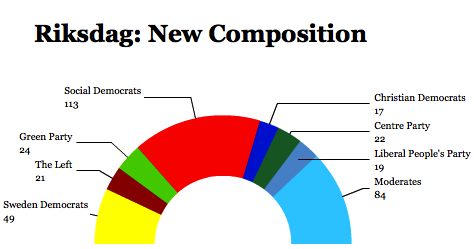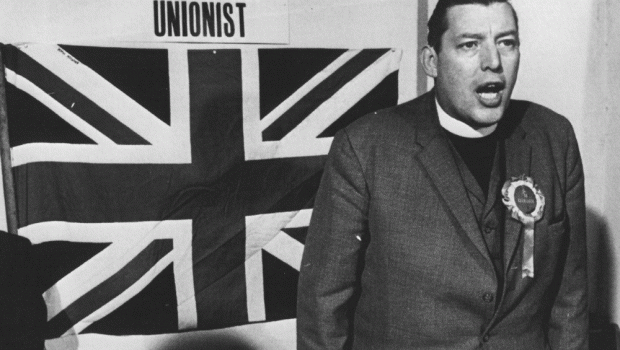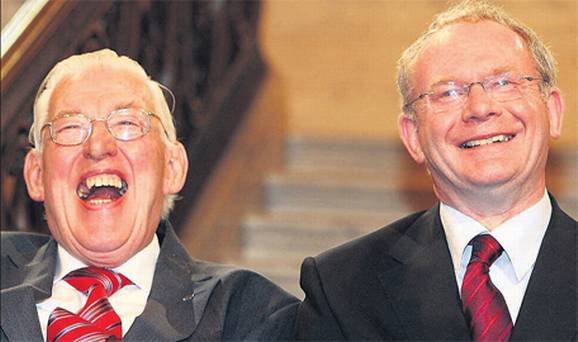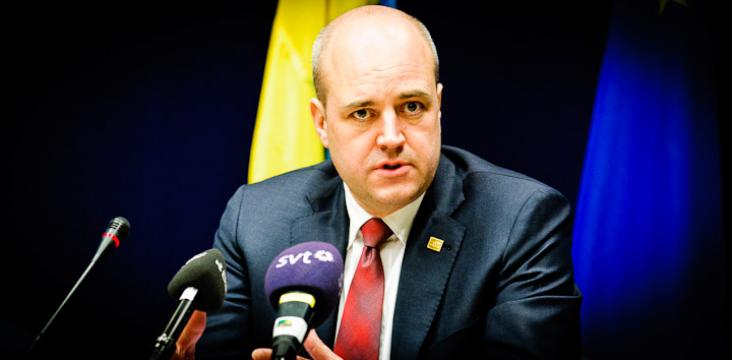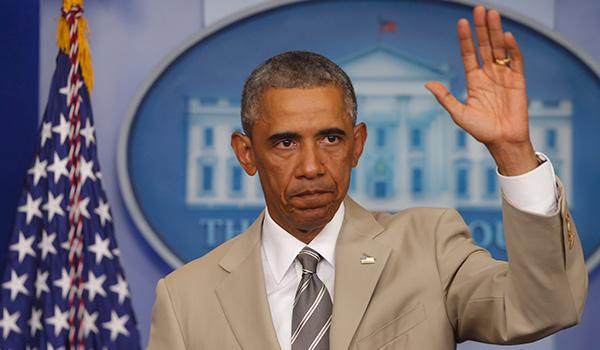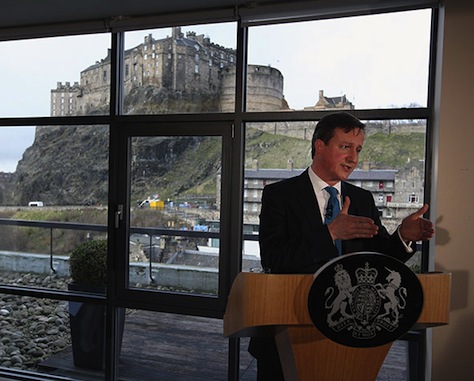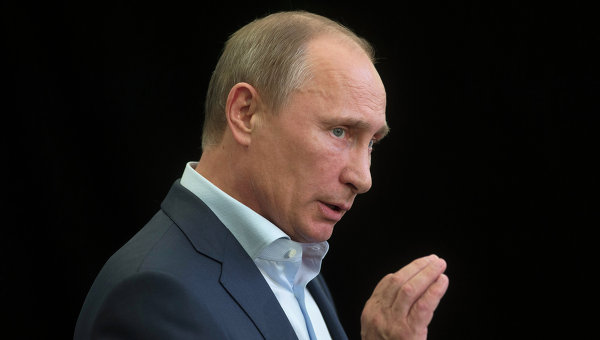 Photo credit to Grigory Dukor / Reuters.
Photo credit to Grigory Dukor / Reuters.
Last week, with the world’s attention on the NATO summit and Ukraine, Russian president Vladimir Putin made some eyebrow-raising comments about Kazakhstan, the sprawling Central Asian country that straddles Russia, China and other former Soviet republics.
Just days after meeting with Kazakhstan’s president, Nursultan Nazarbayev (pictured above, left, with Putin), who joined the Minsk summit that brokered last week’s ceasefire between the Ukrainian central government and pro-Russian rebels, Putin fielded a question about Kazakhstan from an audience member at an youth forum in Russia:
“He created a state in a territory that had never had a state before,” Putin said during the Aug. 29 visit, according to a Kremlin transcript. “The Kazakhs never had any statehood. He created it.”
Putin’s comments caused a stir in Kazakhstan, a former Soviet republic of 17.9 million people, which has emerged as the largest economy of central Asia.
Many Kazakhstanis are worried that Russia’s newly muscular stand with respect to its ‘near-abroad,’ especially as it concerns ethnic Russians outside Russia, could mean trouble for the country in the future. Having won its independence in 1991 with the breakup of the Soviet Union, Kazakhstan’s leaders have watched the current conflict between Russia and Ukraine warily, especially after Russia’s annexation of Crimea in March.
Nearly 23.7% of Kazakhstan’s citizens are ethnic Russians (compared to 63.1% Kazakh, 2.9% Uzbek, 2.1% Ukrainian, 1.4% Uighur and 1.3% Tatar). Many of them are concentrated in northern Kazakhstan, and there’s a fair share of speculation that one of the purposes of Nazarbayev’s decision to move the capital of Kazakhstan from Almaty, still the country’s largest city and its financial and cultural capital, to Astana, farther to the north, is to create a bulwark against Russia.

Notwithstanding Putin’s comments, there’s been a Kazakh national identity since at least the end of the 15th century, when a united Kazakh khanate emerged. Over the years, however, the khanate splintered and by the 17th century, the lands of today’s Kazakhstan came under control of the Russian empire.
Though a Kazakh state existed briefly between 1917 and 1920, it quickly became a Soviet Socialist Republic, and the Kazakhs took more than their share of abuse at the hands of Soviet officials throughout the 20th century. Many Kazakhs were forced to serve in gulags, many of which were established in what is today northern Kazakhstan. Eastern Kazakhstan’s Semipalatinsk became the chief nuclear weapons testing site in the Soviet Union, which led to massive radiation exposure among local residents.
That’s one of the reasons Nazarbayev quickly gave up his country’s nuclear arsenal when he returned over 1,200 nuclear warheads to Russia in the early 1990s and destroying Semipalatinsk. Kazakhstan, in the course of less than a decade, went from being the country with the world’s third-largest nuclear arsenal to being a nuclear-free country and a case study in effective non-proliferation, even though Kazakhstan remains the world’s largest exporter of uranium. Nazarbayev’s stand on nuclear non-proliferation, and his cooperation with US military goals in Afghanistan and central Asia, are one of the reasons that he’s won so much popularity in Washington over the years.
But if Putin’s grasp of Kazakh nationalism was somewhat dodgy, his comments were felt so ominously in Kazakhstan because of the skill with which Nazarbayev has guided Kazakhstan since the Soviet era. Putin is essentially correct that no one is more fundamental to Kazakhstan’s national identity and independence today than Nazarbayev. With no clear successor — or process for succession — in sight, the obvious worry is that Putin and/or Russia could fill any power gap when Nazarbayev dies or leaves office.
Continue reading As Putin blusters over Kazakhstan, what follows Nazarbayev? →
![]()
![]()

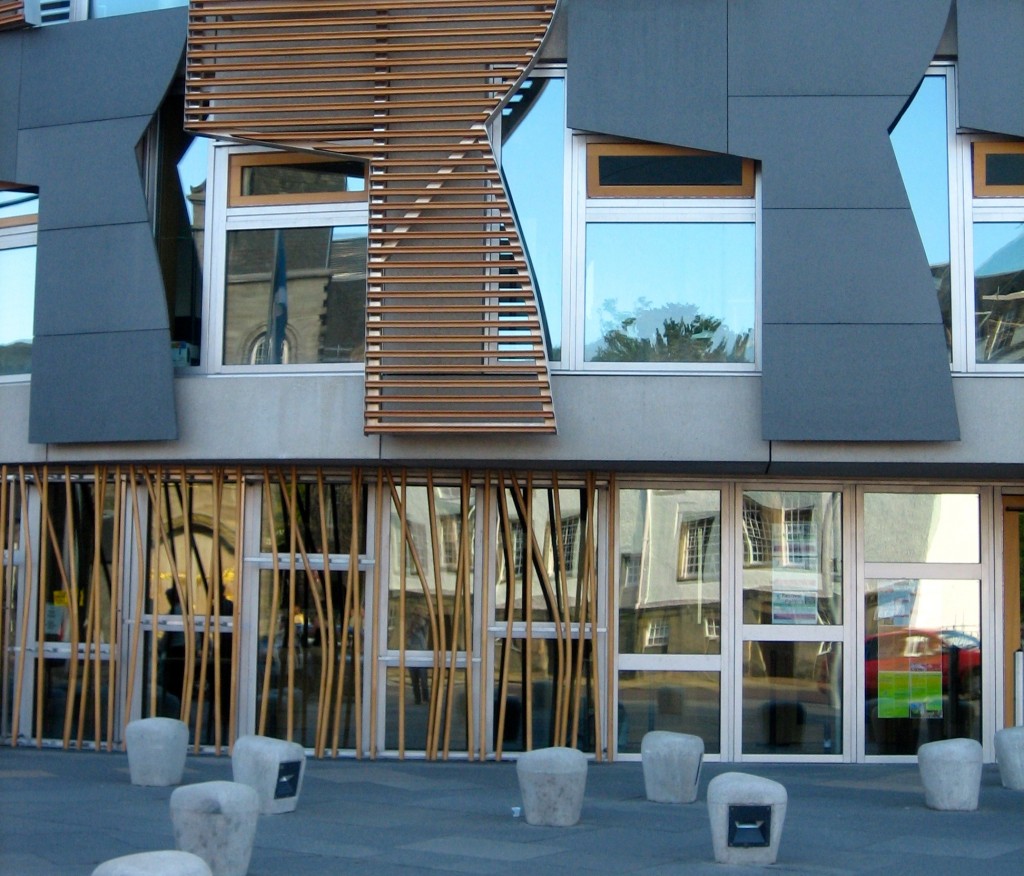
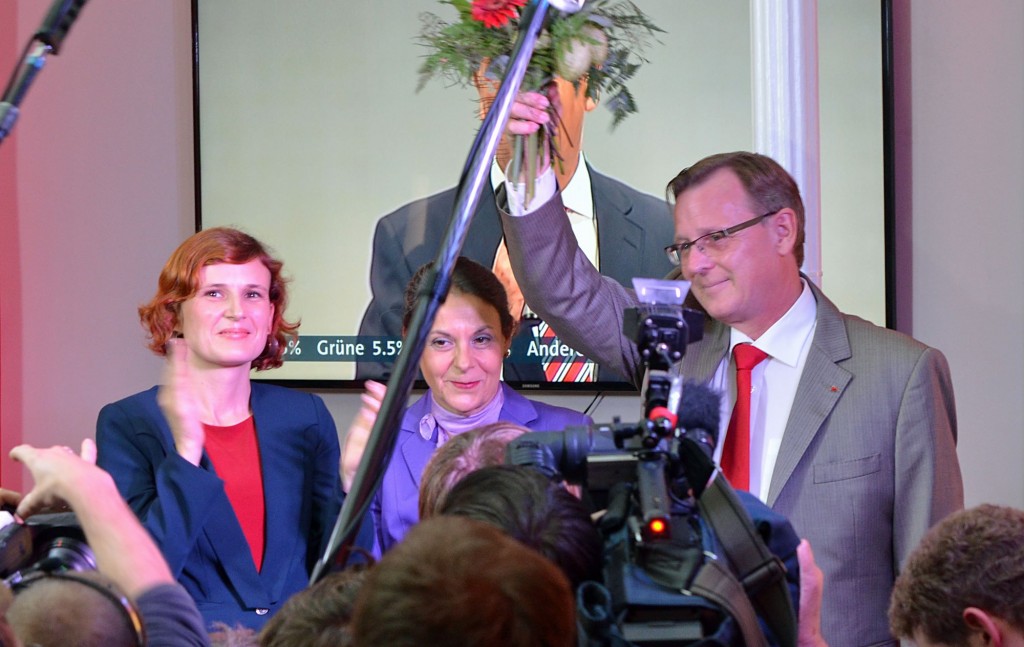
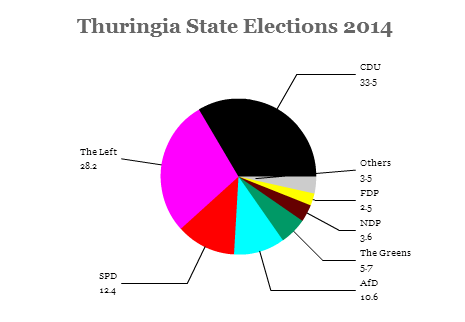

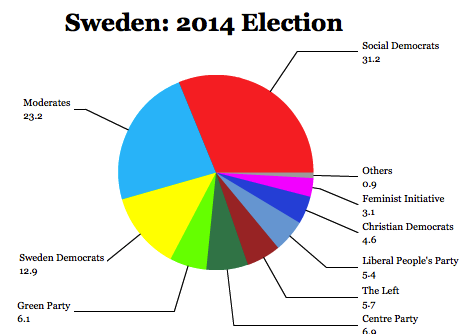 If the big loser of the election was Reinfeldt’s center-right Moderata samlingspartiet (Moderate Party), which lost 23 seats, the big
If the big loser of the election was Reinfeldt’s center-right Moderata samlingspartiet (Moderate Party), which lost 23 seats, the big 